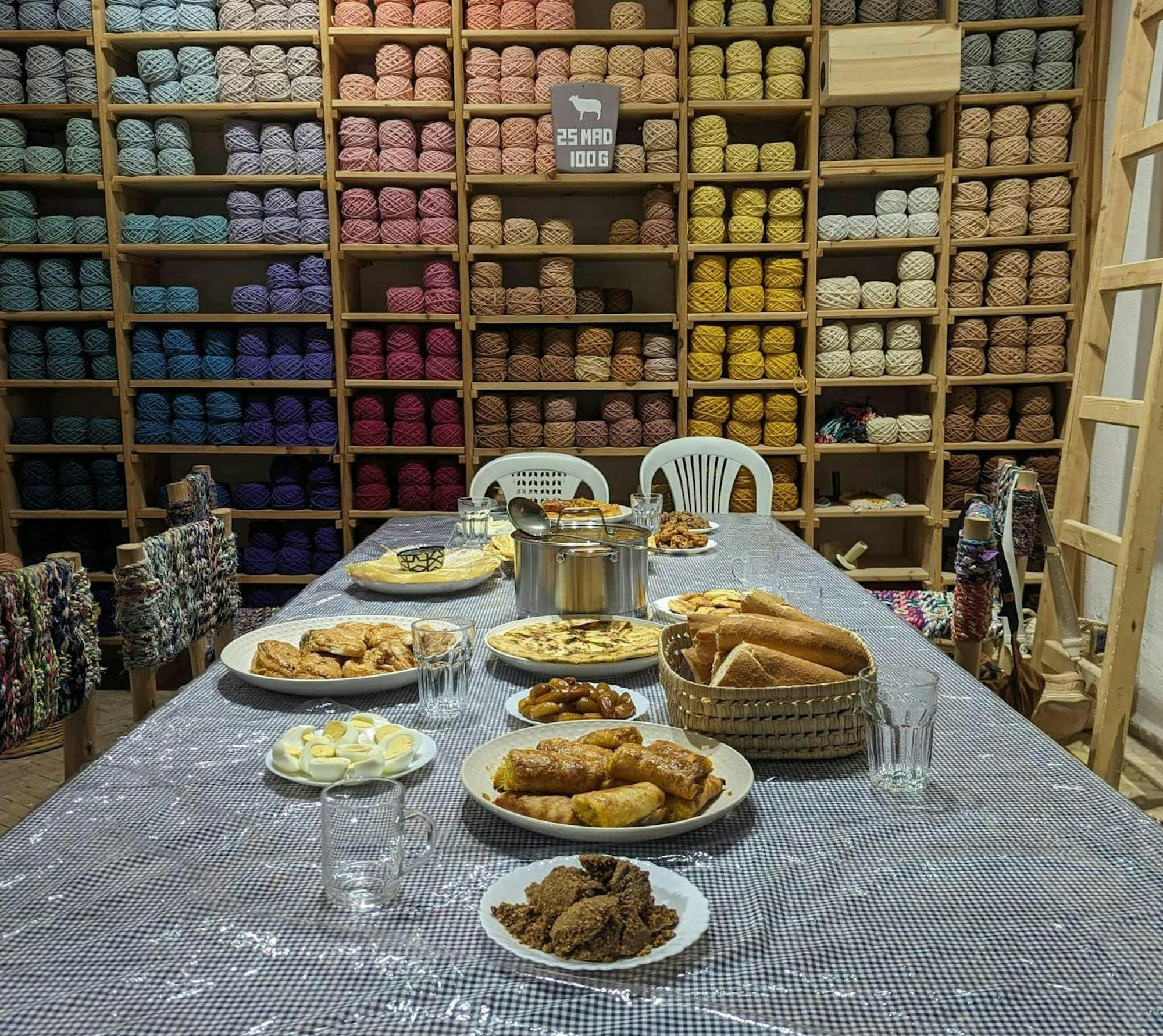When first I arrived in Rabat I was warned about “Morocco time,” which is used to describe the common Moroccan habit of always being late or doing things last minute.
Many cultures have similar reputations of tardiness as a result of their collective easygoing attitude. Morocco, however, is different; behind “Morocco time” is a very specific culture of care and intentionality.
Take Ramadan, for example. While most other Islamic countries announce the dates of Ramadan in advance to allow for people to plan ahead, Morocco enlists experts at 270 observation points to visually identify the crescent moon so that Ramadan in Morocco can wholly follow Islamic tradition. When the experts see the first sliver of the waxing crescent moon and cross check it with astronomical calculations, Morocco announces that Ramadan has begun. Once the moon completes an entire cycle and the waxing crescent can be seen again, it means Ramadan has ended.
It’s hard for an American accustomed to a culture of strict, planned timing for the sake of productivity, to get used to such practice. But it is also a struggle for Moroccans. The days leading up to the announcement are filled with anticipation; Ramadan takes a lot of planning so it can be difficult to figure out logistics, or even mentally prepare without knowing when the holiday will start and end.
We knew, for example, that we would have a break from school for Eid-al-Fitr. But without knowing the date of Eid, we couldn’t yet make travel plans. The only thing we could do was wait until the day of Eid to find out if we were going to get Friday off. Then, along with the rest of the country, we scrambled to book transportation and accommodations before they ran out.
When you don’t know when Ramadan will start or end, when you are forced to adapt to an unforeseen natural schedule, you learn to be present. This is, after all, how Ramadan is supposed to be celebrated.
Moroccans have perfected the craft of living in the moment — living with intentionality.
Last week I was in Fez with my study abroad cohort for a group trip. While we were there, we got the chance to take a carpet weaving class run by Moroccan artisans. They showed us the carpet weaving process in which we had to sit for hours, meticulously following the patterns of this traditional handicraft. We were only supposed to be there for a few hours, but it took much longer and was much harder work than we expected. We ended up staying for a total of seven hours, during which the artisans fed us iftar, let us listen to music and helped us through the more technical difficulties of carpet weaving. At the end, we each got to go home with little carpets not much larger than the size of my palm.
These Moroccan artisans allowed us to stay so that we could experience how much work truly goes into carpet weaving and other artisanal products. We gained respect for their craft by fully committing to the process without being subject to time constraints.
This intentionality and present-driven attitude is precisely to thank for the infamous “Moroccan time” trope. And it is also one of my favorite things about Morocco.






